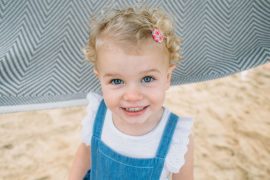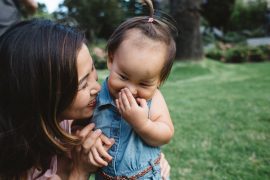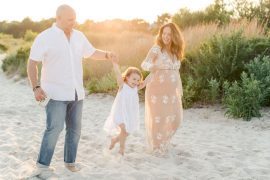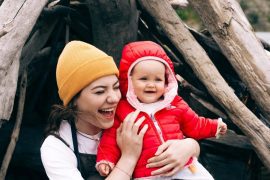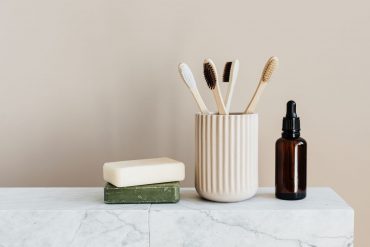The truth is, as long as we are living, we are co-regulating with our external and internal environments. Our Craniosacral (Polyvagal) system is designed to do just this, to keep us safe and healthy. Think about how walking into a busy, loud space feels in your body… and conversely imagine walking along a warm beach at sunset with the sounds of the birds, ocean and warm breeze on your skin. Just imagining creates a physiological response! Chronic and uncontrollable stress, from not responding to our children’s needs, can impair the prefrontal cortex (Arnsten, 2009). And the stress we see our children under, also impacts us as parents. Many parents tell me that seeing their children in a heightened state also triggers a sympathetic response in them. This is by design, so we respond… but this can also be tricky when, as parents, we have incredibly full plates and are peeling back the layers of generational patterning.
Setting Us Up for Successful Co-Regulation
Many of our grandparents grew up through the depression and wars. Maybe our parents did too or lived with the aftermath of it. Some of us grew up in environments that were still dealing with the effects of this intergenerational trauma. I appreciate that sometimes we are exposed to situations that are beyond our control as children, but as adults by and large we have the choice to extract ourselves from situations of chronic stress and create change. I know it can be hard to look at the past trauma and patterns to release it. I began this journey when I was in my twenties intentionally because I had no choice.
As parents, it’s important we are mindful of the load on us as it can detract from our ability to be present and support our children. Trust me, I appreciate how much can be on our plates. And as someone who has been through burnouts (yes multiple), I also know how important it is to make choices aligned with our intentions. Our highly sensitive and neurodiverse little ones in particular sense what we are feeling and may be prone to taking this on without having the context or tools to process or change it. I will speak to this another time. As a parent, this means our self-care is absolutely necessary or “part of our job” as Dr. Jorina Elbers from HearthMath, shared in our Summit.
Our highly sensitive and neurodiverse little ones in particular sense what we are feeling and may be prone to taking this on without having the context or tools to process or change it.
Prioritising Our Self-Care to Help Our Children Develop Healthy Nervous Systems
When we are able to prioritise our self-care, we are better able to support our children’s holistic development, by being present, responding to their needs with compassion, and to guide them to work through their challenges in age-appropriate ways. This enables us to empower our children with healthy social-emotional development, be self-aware, and listen to their bodies. Co-regulating helps them to create a healthy nervous system, which as we know, influences the immune and other systems of the body. A healthy, responsive nervous system helps our children to focus, respond to others appropriately, and navigate challenges.
Coregulation is how we foster a healthy nervous system baseline, and help our children learn healthy ways of relating to the world around them. The first step is prioritising our self-care as parents, so we can lead by example.
References:
Arnsten A. F. (2009). Stress signalling pathways that impair prefrontal cortex structure and function. Nature reviews. Neuroscience, 10(6), 410-422. https://doi.org/10.1038/nrn2648
Steffen, P. R., Hedges, D., & Matheson, R. (2022). The Brain Is Adaptive Not Triune: How the Brain Responds to Threat, Challenge, and Change. Frontiers in psychiatry, 13, 802606. https://doi.org/10.3389/fpsyt.2022.802606
Katie Connolly is an award-winning Speaker and Healer. She is an Expert Registered Yoga Teacher with a Registered Children’s Yoga School, a Craniosacral Practitioner, and Masters of Counselling Candidate. Katie’s passion for sharing Somatic tools with families and educators stems from learning them as a child from her Mother, to support her with anxiety, ADHD tendencies, and dealing with many challenging life experiences. Go here to join her. You can also follow Katie on Instagram.



